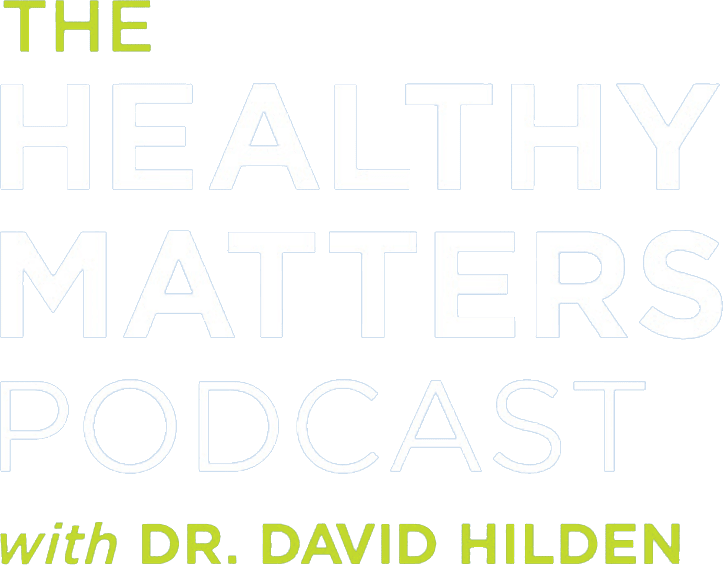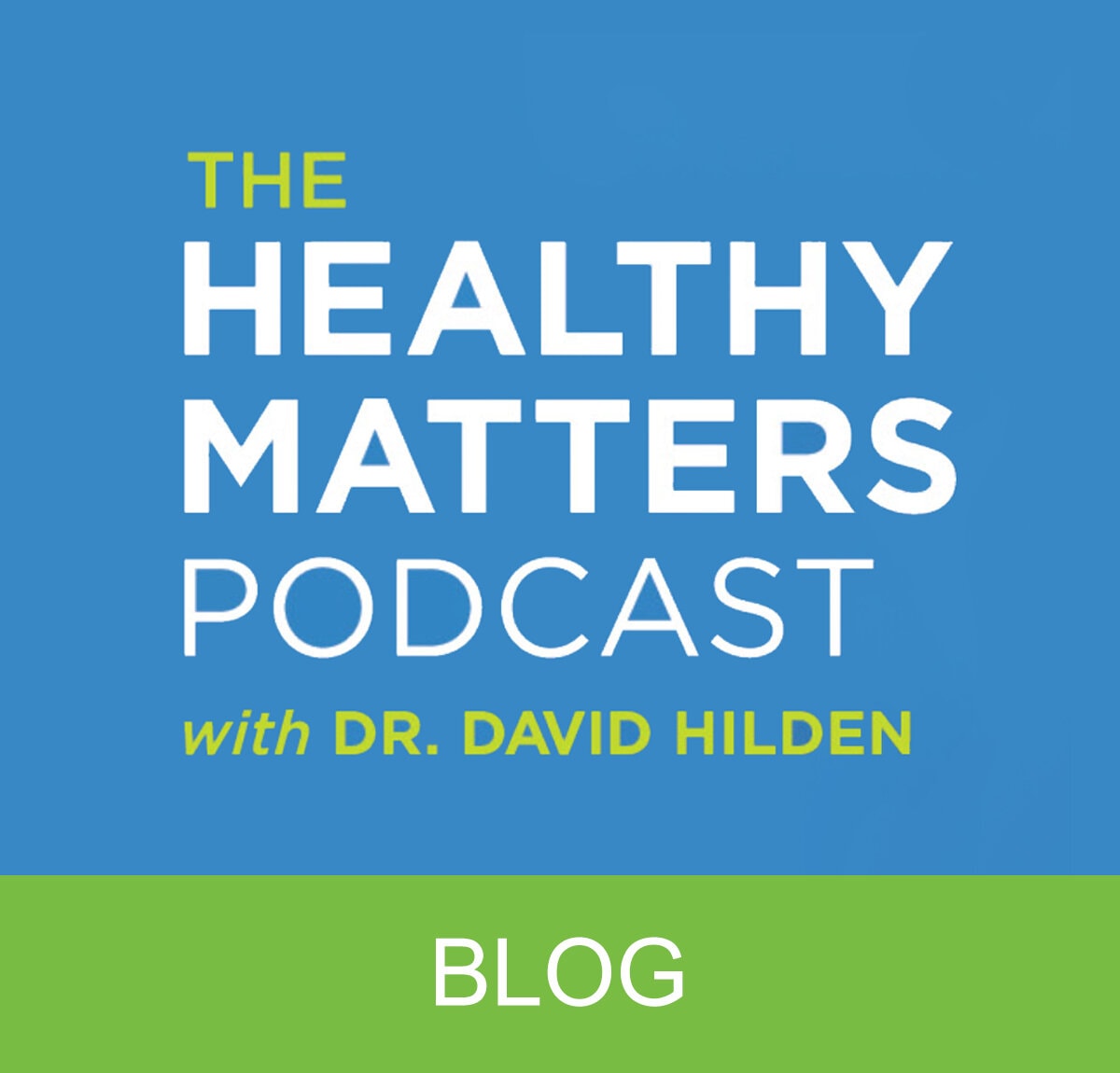Pediatrics! Where it all begins…
Kids don’t come with a guidebook? In Episode One of Season 2 of the Healthy Matters Podcast we have the next best thing – Dr. Krishnan Subrahmanian, pediatrician at Hennepin Healthcare! We talk about RSV and other viral illnesses, early childhood development, reading and language development, and how to access your child’s pediatrician. (Warning: This is snot an episode for those who get queasy hearing the word “booger.”)
Dr. Krish – as he often is called – was a high school special education teacher before he became a pediatrician.
“The kids were incredible. They were amazing. They inspired me. They made me think, they challenged me. And I honestly loved my job as a special education teacher. My hats and heart go off to all the special education teachers out there. They do incredible work.”
This love of learning spills over into his work as a pediatrician, and Dr. Krish’s interest in brain development – especially at an early age.
“Actually 90 to 95% of brain development – neuronal connections – has happened by the age of five,” he explains. “And it leads us to think, ‘wait a minute, what are we doing in those early years to help support that brain development to get kids off to the best start?’ What this means is that even pre-birth in utero, brain development is starting, and neuronal connections in those first few months and years of life are growing every day.”
Dr. Krish explains how playing with children, talking to children, and singing with children helps form a brain that is more able to learn, more able to grow, and sets them up for success for the rest of their lives.
“There’s a type of interaction called serve and return learning,” he shared. “It’s the kind of thing that you see folks do all the time. ‘Hey, baby, how you doing? How’s it going?’ And then waiting for that little response, that smile or that cue back from the baby. That kind of communication pattern, giving a little bit to the baby, waiting for the return and, and ensuring that we do that repeatedly, really does help form brain connections and can begin right from the very moment that they join your family.”
While Dr. Krish and I talk about ways to relieve nasal congestion, reduce fever, and when to bring your child in to be seen by a physician he also gives this piece of advice for the well-being of children, which is very worthy of sharing:
“The greatest tool and gift we have for little babies and kids is an adult who loves them, is an adult who cares for them, is an adult who’s investing their time and energy. If you can spend yourself, your time, your energy, that will make the biggest difference.”
Wise words indeed. Thanks for listening to Episode One of Season 2 of the Healthy Matters Podcast!
Bonus Episode – A ride-along with Emergency Medical Services
As we wrapped up Season One of the Healthy Matters Podcast, I wanted to share with you a bonus episode – a ride-along with one of our Hennepin EMS ambulance teams. There are many components that make up a robust healthcare network, and oftentimes the caregiving starts with these first responders who you’ll meet on our ride along.
How does it work when someone calls 9-1-1? How much does an ambulance cost? What’s a typical shift like for a paramedic? And how do they cope with the stresses of the job?
With 36 ambulances, 2 paramedics in each, and an average of one call every 6 minutes, these mobile emergency rooms and the teams within them see a lot of action – approximately 90,000 calls a year at Hennepin Healthcare alone!
We take a couple calls with our paramedics, but of course, we won’t get too involved with the incidents themselves out of respect for the individual’s privacy. But you’ll get a unique glimpse into the into the unfiltered reality of the world they see every day, and the incredible professionalism these teams who are always ready to provide state-of the-art prehospital care.
Breast Cancer – from Awareness to Action
The words “breast cancer” and “the possibility of breast cancer” are words no one wants to hear. Until there’s a cure, chances are that you or someone you love will experience breast cancer, which is why I talked to Dr. Abigail Madens, a breast surgical oncologist and general surgeon at Hennepin Healthcare. In Episode 24 of the Healthy Matters Podcast, she shares insights on screening, risks, treatment and outcomes.
“As women, we like to come up with reasons we might not be as high of a risk for breast cancer,” said Dr. Madens. For example, she explains how some women might say their risk is lower because they nursed their children, which may be true, but shouldn’t replace some of the modifiable risks.
“It’s good for people to be aware of the risks. For postmenopausal women, a healthy weight is going to reduce their risk of breast cancer,” she explained. “Exercise is also really important and of course getting your annual mammogram.”
Excessive alcohol consumption – greater than two drinks per day – and diabetes can increase a woman’s breast cancer risk. There are also things women can’t control when it comes to getting breast cancer. Increased breast density is one of them, said Dr. Madens.
“Some women have more fat contained in their breast tissue and others have more breast tissue or breast cells. I think that there’s a couple different reasons why it’s a risk for breast cancer. On a mammogram, when you have a really dense breast, it just looks like a white breast and you really can’t see masses very well because they’re also white – it’s just a dense breast tissue. And dense breast tissue actually seems to give rise to faster growing, potentially more aggressive cancers.”
In addition to breast density, we can’t control what’s in our genes. Dr. Madens said that genetic risks are more complex now, and that in the past they only tested for two genes: one for breast cancer and one for ovarian cancer syndrome.
“Now we test for 9 genes, and when I have patients that come to me with genetic mutations, I usually take them to a website established through Harvard called Ask 2 Me. You can go in and plug in a woman’s age what kind of cancers they’ve had, what gene mutation they have, and then you can see their cumulative risk.”
Estrogen exposure, atypical biopsies, lumpectomies, mastectomies and more are part of this important discussion with Dr. Madens on Episode 24 of the Healthy Matters Podcast.

